Minimally Invasive Nephrectomy: Life-Saving Kidney Surgery at Yashoda Hospitals
Kidneys that filter the waste from your body also play a major role in maintaining the salt & water balance. Certain conditions, such as kidney diseases, injuries, & any tumors of the kidney, can disrupt the kidney’s functioning and lead to toxin accumulation in the blood, resulting in life-threatening conditions or organ damage. A surgical technique called nephrectomy is the removal of a kidney, either entirely or in part, to treat renal cancer or damaged kidneys. However, nephrectomy can be a supportive method for removing a healthy kidney from a donor for kidney transplants.
Our team of highly experienced urologists, with multiple international accreditations and advanced training, is equipped with cutting-edge diagnostics and surgical techniques, making us the best urology hospital in Hyderabad, providing exceptional care and personalized treatment. Our multidisciplinary team collaborates closely with oncology, internal medicine, nephrology, pediatrics, and geriatrics specialists to ensure comprehensive care for various kidney diseases & tumors.





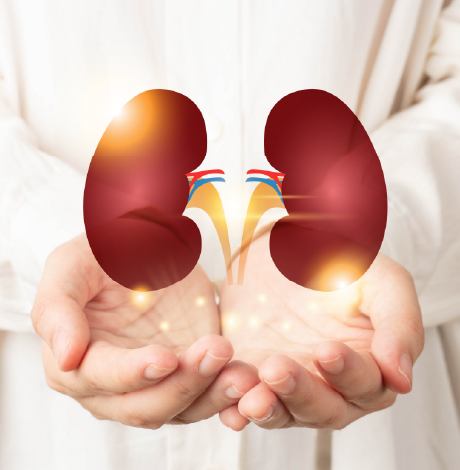
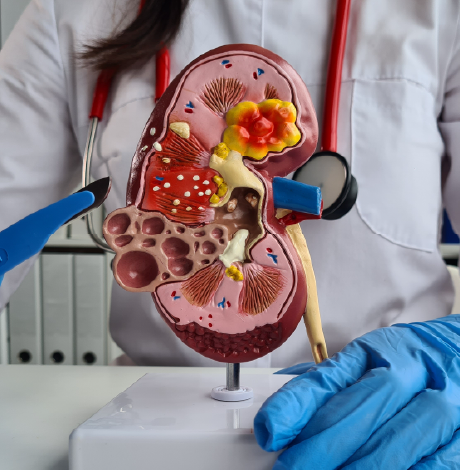
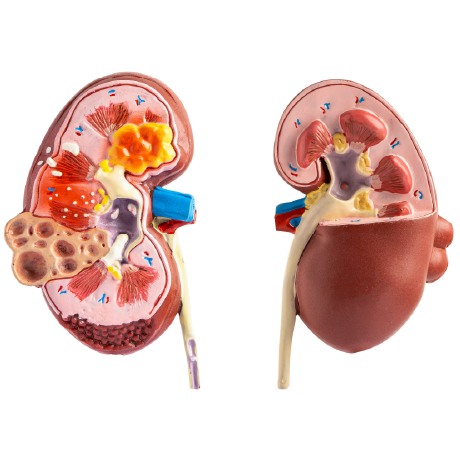
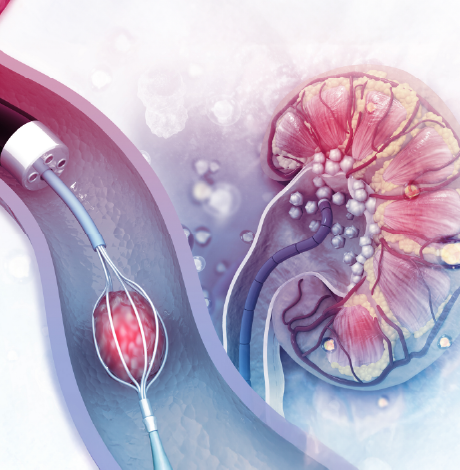
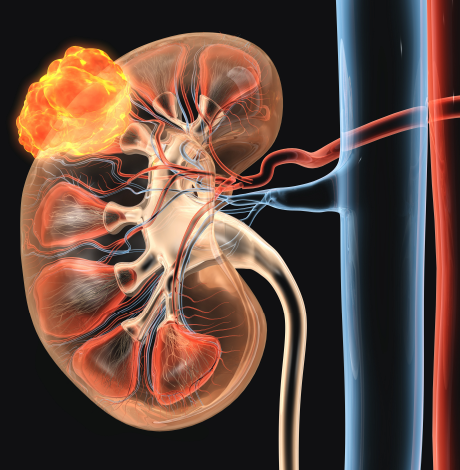
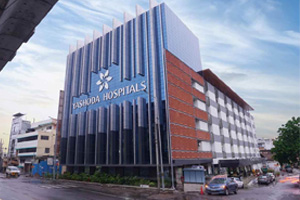
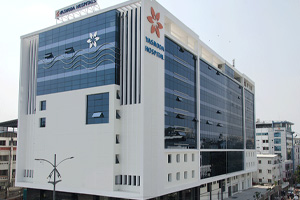
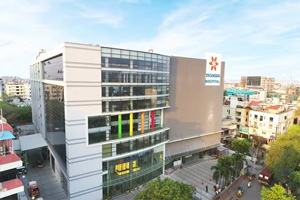
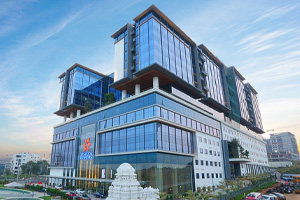
 Appointment
Appointment WhatsApp
WhatsApp Call
Call More
More

